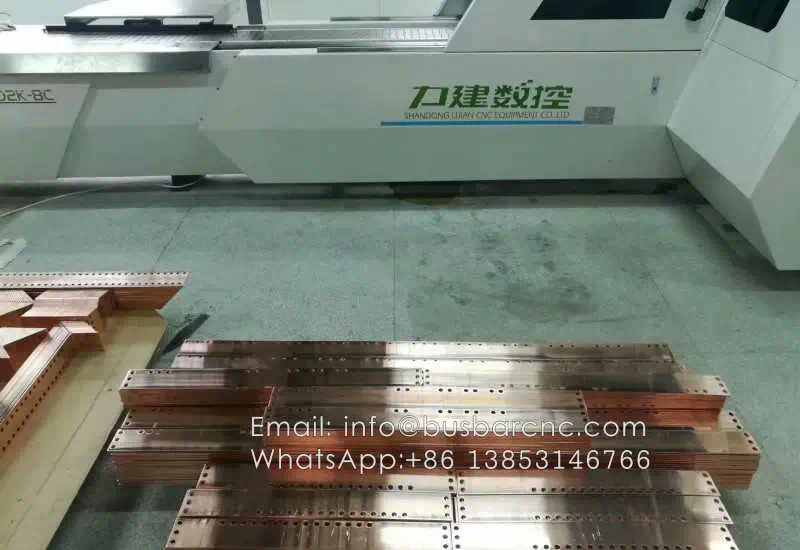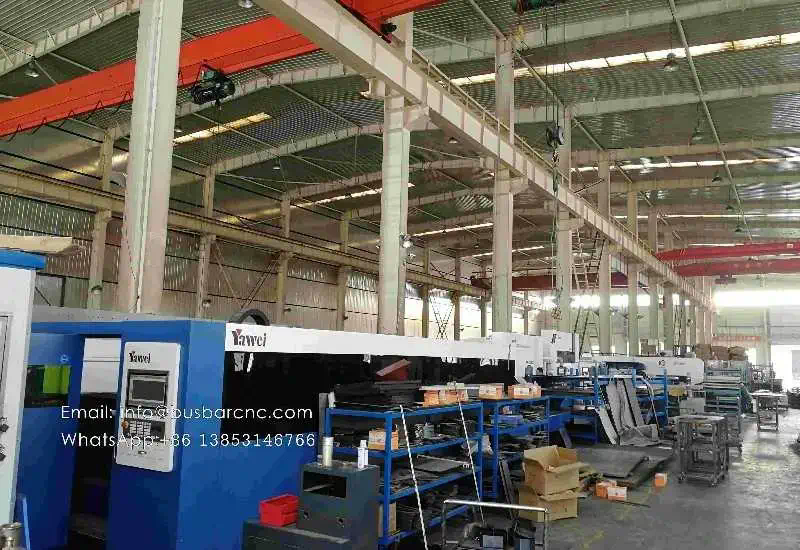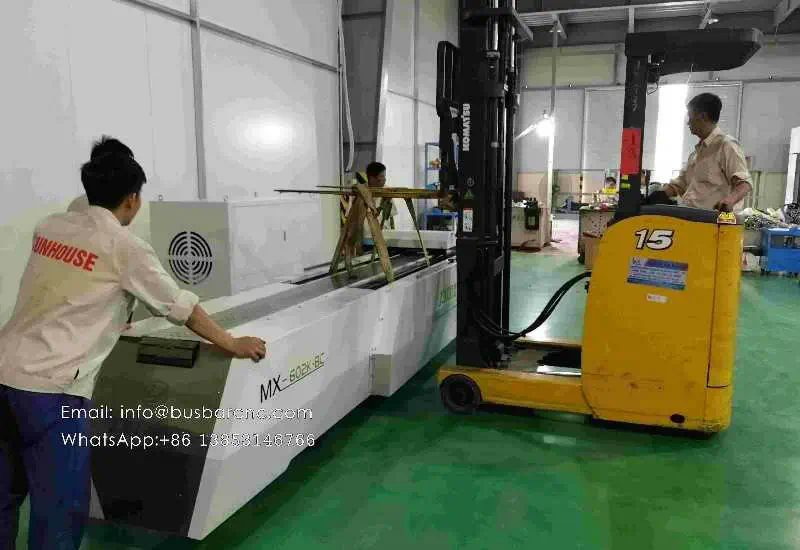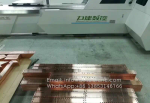CNC Machines in Military and Defense Applications
CNC (Computer Numerical Control) machines have revolutionized the manufacturing industry with their precision, efficiency, and versatility. These advanced machines are widely used in various sectors, including aerospace, automotive, healthcare, and more. In recent years, CNC machines have also found significant applications in military and defense industries, playing a crucial role in the production of high-quality parts and components for a wide range of defense equipment and systems.
Enhancing Defense Capabilities

The use of CNC machines in military and defense applications has significantly enhanced the capabilities of armed forces around the world. These machines allow for the precise and consistent manufacturing of complex components that are essential for the functioning of various defense systems. From weapon systems to surveillance equipment, CNC machines play a vital role in ensuring that defense equipment meets the highest standards of quality and reliability.
Precision Engineering
One of the key advantages of CNC machines in defense applications is their ability to achieve unparalleled levels of precision in manufacturing. The automated nature of CNC machines allows for highly accurate machining processes, ensuring that components meet tight tolerances and specifications. This level of precision is crucial in the defense industry, where even the smallest deviation can have significant implications for the performance and safety of military equipment.
Customization and Flexibility
Another significant benefit of using CNC machines in military applications is the ability to customize and adapt manufacturing processes quickly. With CNC programming, manufacturers can easily modify designs and switch between different production runs without the need for extensive retooling. This flexibility allows defense contractors to respond rapidly to changing requirements and produce specialized components tailored to specific defense needs.
Cost-Effective Production
CNC machines offer cost-effective solutions for defense manufacturing by optimizing production processes and reducing material waste. The automation and precision of CNC machining result in higher efficiency and lower production costs compared to traditional manufacturing methods. Additionally, the ability to produce high-quality components in-house with CNC machines reduces the reliance on external suppliers, further improving cost-effectiveness for defense contractors.
Prototyping and Testing
In addition to production, CNC machines are invaluable for prototyping and testing new defense technologies and equipment. By utilizing CNC machining for rapid prototyping, defense contractors can quickly iterate and refine designs before moving into full-scale production. This allows for thorough testing and validation of components, ensuring that they meet performance requirements and withstand rigorous field conditions.
Securing Supply Chains
Deploying CNC machines in defense applications also helps in securing critical supply chains for military equipment. By having the capability to manufacture components in-house, defense contractors reduce the risk of supply chain disruptions and dependencies on foreign suppliers. This resilience in manufacturing ensures continuity of operations and minimizes vulnerabilities in the defense supply chain.
Advanced Materials Processing
With advancements in CNC technology, defense industries can now leverage these machines for processing a wide range of advanced materials. From high-strength alloys to composite materials, CNC machines are capable of machining complex materials with precision and efficiency. This capability is essential for developing lightweight yet durable components for aerospace, naval, and land-based defense systems.
Cybersecurity and Data Integrity
As CNC machines become increasingly interconnected and digitally integrated, cybersecurity and data integrity become paramount concerns in defense applications. Protecting CNC systems from cyber threats and ensuring the integrity of manufacturing data are critical to safeguarding sensitive defense information and preventing unauthorized access or manipulation of manufacturing processes. Defense contractors must implement robust cybersecurity measures to mitigate risks and ensure the secure operation of CNC machines.
Training and Skills Development
The widespread adoption of CNC machines in defense manufacturing also highlights the importance of training and skills development for personnel operating and programming these advanced machines. Defense industries must invest in training programs to educate operators, machinists, and engineers on the intricacies of CNC technology and programming. By cultivating a skilled workforce proficient in CNC machining, defense contractors can maximize the potential of these machines and drive innovation in defense manufacturing.

Future Outlook

Looking ahead, the integration of CNC machines in military and defense applications will continue to evolve, driven by advancements in automation, AI, and digital connectivity. The ongoing development of smart manufacturing technologies will further enhance the capabilities of CNC machines, enabling defense industries to streamline production processes, improve efficiency, and accelerate innovation in defense manufacturing. As defense requirements evolve and technology advances, CNC machines will remain at the forefront of shaping the future of military and defense applications.
In conclusion, CNC machines have become indispensable tools in military and defense applications, offering precision, efficiency, and versatility for manufacturing critical components and systems. By harnessing the power of CNC technology, defense industries can bolster their capabilities, secure the supply chain, and drive innovation in defense manufacturing. As CNC machines continue to advance, their impact on military and defense applications will only grow, shaping the future of defense technologies and ensuring the readiness and effectiveness of armed forces worldwide.
https://ortumeta.com/
